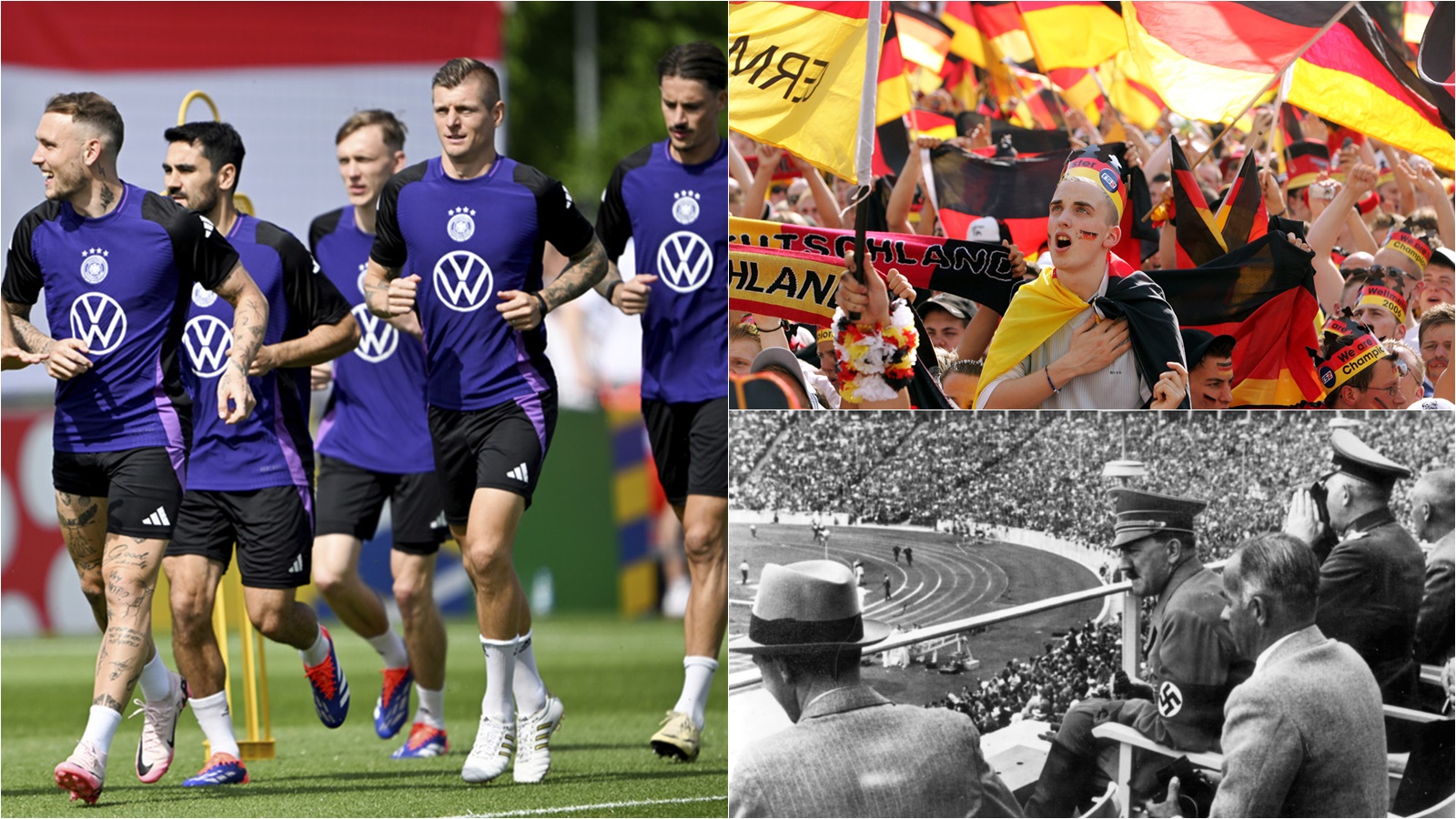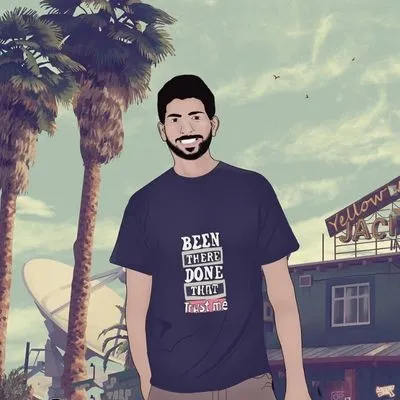Jacob Sweetman, a German football historian and FC Union Berlin’s media head, recalls the state of mourning his country was in when it lost one of its most loved sons back in January.
Monickered The Emperor, Franz Beckenbauer’s contribution to a nation scarred in the 20th century far outweighs his sporting laurels. When Beckenbauer managed West Germany to its third World Cup title in the summer of 1990, the Berlin Wall had fallen but the capitalist west and communist east were yet to be united. And yet, Deutschland celebrated as one.
“It was the first West German success that was seen as a unified German success before unification,” Sweetman says.
By 2006, when a unified Germany hosted the World Cup, it was the first time post-World War II that the Germans stopped fearing nationalism and waved the flag with pride.
“Germany has always been very careful about flag-waving but 2006 is seen as the first time when Germans did so in public,” Sweetman felt.
In 2024, as the country prepares for its biggest sporting summer in almost two decades, the reservations around overt nationalism have resurfaced. Football, once again, has been tasked with uniting Germany and portraying its best image, with the spectre of populist right-wing politics looming large. But it’s not the first time the sport has been up against it.
One often wonders how Germany’s obsession with football survived the 20th-century horrors, or was it an antidote that helped it get through them? “I think that the sport was always a distraction from the miseries of the time,” Sweetman believes.
In post-World War I Berlin, during a severe economic collapse, amateur football leagues were run for the working class. “These were effectively communist leagues, strictly for amateurs, hence called workers’ league.”

When the Nazi party came to power in 1933, football became a tool to tap into its ardent fanbase, despite their supremo’s aversion to the sport. “Hitler didn’t like football; he only ever went to one game of football. And in that, Germany lost to Norway at the 1936 Olympics. But he was very careful to indulge football fans because he knew the importance of football to the country.”
Sweetman, a Berliner, recalls the height of the Cold War in a city torn into two distinct halves. “On both sides, football was always used as a means of distraction from everyday b*****hit.”
While East Germany’s win over West Germany at the 1974 World Cup – hosted by West Germany – was seen by the former “as a victory over a class enemy”, the big club rivalry between the two regions paints a contrasting picture. Hertha Berlin (west) and Union Berlin (east) are bitter rivals in 2024 but back then, were almost friends.
“They called themselves “Freunde hinter Stacheldraht” (friends behind barbed wire). There was a longing for the day when we would be able to play each other again because that would mean that the Berlin Wall had come down and the city had been unified again.”
By the fans, for the fans
It comes as no surprise then that the fans hold a crucial stake in German football. Courtesy of the 50+1 rule, they own their clubs. While elsewhere in Europe, foreign investment has been welcomed with open arms in hope of silverware, Germany remains ideologically rigid.
“Success is great when it comes, but I don’t think the fans here need it in a way English football fans do. When Saudi Arabia were taking over Newcastle United, their fans were overwhelmingly in support of selling this century-old great club, a community institution, to the crown prince of Saudi Arabia, because they thought that would bring success. That would not happen in Germany,” Sweetman says.
Even Bayern Munich, a club that was on a decade-long Bundesliga title run until last season and oozes corporate-like hunger for success, has to tread carefully to avoid the wrath of its fans.
“The Bayern Munich Ultras are very political, actually left-wing. They are very critical of people who run the club because they see them as putting commercial interest ahead of community interest. Bayern used to have Qatar Airways on their sleeves and the ultras forced the club to rethink.”
It’s for this power that it lends to its fans that Sweetman believes, “German football currently is the heartbeat of football fan culture in Europe.”
And it’s some of that culture that visiting fans would hope to witness come the Euros.
“In terms of PR for the country, the 2006 World Cup did more than almost anything else this century. Germany will certainly be hoping for more of that. What I think it will do best is introduce a lot of people to the idea of this being a multicultural and fascinating, multi-faceted country,” Sweetman adds.
© The Indian Express Pvt Ltd
First uploaded on: 13-06-2024 at 20:37 IST




